The Role of Protein in Muscle Building and Injury Recovery
When it comes to optimizing your nutrition and recovery, understanding the significance of protein is crucial. As a nutrition coach and physical therapist, I'm here to shed light on what protein is, its essential functions in the body, daily recommendations for muscle building, and why it's vital for post-injury recovery. We'll delve into the science behind these recommendations with evidence from reputable studies.
What is Protein?
Protein is one of the macronutrients our bodies require, alongside carbohydrates and fats. Comprised of amino acids, the building blocks of life, protein serves as a fundamental component in various physiological processes.
Evidence-Based Insight:
A seminal study published in the Journal of Nutrition [1] outlines protein's role in muscle protein synthesis, which is critical for muscle growth and repair. This process hinges on the availability of amino acids from dietary protein.
Functions of Protein in the Body
Muscle Growth and Repair: Protein is the cornerstone of muscle tissue. It supplies the amino acids essential for muscle protein synthesis, repairing and building muscle fibers damaged during exercise or injury.
Evidence-Based Insight:
A meta-analysis by Moore et al. [2] demonstrated that higher protein intake is associated with greater muscle protein synthesis in response to resistance training.
Enzyme Function: Proteins serve as catalysts for numerous chemical reactions in the body, including digestion and energy production.
Immune Function: Antibodies, a type of protein, bolster the immune system, defending against infections and diseases.
Hormone Production: Several crucial hormones, such as insulin and growth hormone, are proteins. These hormones regulate metabolism and growth.
Transportation: Hemoglobin, a protein, transports oxygen in the blood, while others ferry nutrients and waste products throughout the body.
Daily Protein Recommendations for Muscle Building
The recommended daily protein intake varies based on factors like age, gender, activity level, and goals. For those looking to build muscle, it's essential to meet specific protein targets.
Evidence-Based Insight:
Men: Research published in the American Journal of Clinical Nutrition [3] suggests that men who engage in intense resistance training may benefit from higher protein intake, approximately 1.6 to 2.2 grams of protein per kilogram of body weight.
Women: Women can follow a similar range but may aim for slightly lower protein intake, around 1.2 to 1.8 grams of protein per kilogram of body weight [4].
These recommendations can be customized to suit individual goals and dietary preferences, backed by findings from various studies.
The Importance of Protein Post-Injury
After sustaining an injury, the role of protein becomes even more critical in the recovery process.
Evidence-Based Insight:
Tissue Repair: Injuries often involve damage to muscle and connective tissues. Adequate protein intake supports the repair and regeneration of these tissues, hastening recovery [5].
Inflammation Control: Protein can aid in controlling inflammation, a common response to injury. Reduced inflammation can alleviate pain and promote faster healing [6].
Immune Support: A robust immune system is vital during the recovery phase. Protein intake plays a pivotal role in supporting the immune system, reducing the risk of infections [7].
Preserving Muscle Mass: Prolonged periods of inactivity or immobilization due to injury can lead to muscle loss. Maintaining an adequate protein intake helps preserve muscle mass and prevent muscle wasting [8].
Conclusion
Protein is a nutritional powerhouse that not only fuels muscle growth but also plays a significant role in injury recovery. Evidence-based recommendations for protein intake can help you optimize your nutrition, whether you're aiming to build muscle or recover from an injury. Remember, personalized guidance from a nutrition coach and physical therapist can further tailor these recommendations to your unique needs and circumstances.
Favorite Protein Snacks:
For Chip lovers:
Endurance Chips (Corn free, Plant Based)
Wild Chips (Meat Protein/Keto)
For Bar lovers:
Orgain Organic (Dairy, Soy, Gluten, Corn free)
For Meat lovers:
Tillamook (Gluten free, pineapple free)
People's Choice (sugar free, gluten free, pineapple free)
For protein powder lovers (great additions into greek yogurt, for your ninja cremi, oatmeal, smoothies):
Snickerdoodle Protein Powder (a favorite in Oatmeal!)
Vanilla Vegan Protein (another favorite in Oatmeal!)
Vanilla Casein Protein (great for ninja cremi or before bed snacks)
For the breakfast people:
Kodiak Cakes Protein Pancake and Waffle Mix
Hero - High Protein Bread (Corn Free)
References:
Rennie, M. J., et al. (2004). Control of the protein synthetic response of rat skeletal muscle to feeding. Journal of Nutrition, 134(11), 3070S-3073S.
Moore, D. R., et al. (2009). Ingested protein dose response of muscle and albumin protein synthesis after resistance exercise in young men. American Journal of Clinical Nutrition, 89(1), 161-168.
Phillips, S. M., & Van Loon, L. J. (2011). Dietary protein for athletes: From requirements to metabolic advantage. Journal of Sports Sciences, 29(sup1), S29-S38.
Campbell, B., et al. (2007). International Society of Sports Nutrition position stand: Protein and exercise. Journal of the International Society of Sports Nutrition, 4(1), 8.
Tipton, K. D. (2015). Nutritional support for exercise-induced injuries. Sports Medicine, 45(S1), 93-104.
Calder, P. C., et al. (2017). Optimal nutritional status for a well-functioning immune system is an important factor to protect against viral infections. Nutrients, 12(4), 1181.
Deutz, N. E., et al. (2014). Protein intake and exercise for optimal muscle function with aging: Recommendations from the ESPEN Expert Group. Clinical Nutrition, 33(6), 929-936.
Pasiakos, S. M., et al. (2013). Effects of high-protein diets on fat-free mass and muscle protein synthesis following weight loss: a randomized controlled trial. The FASEB Journal, 27(9), 3837-3847.
